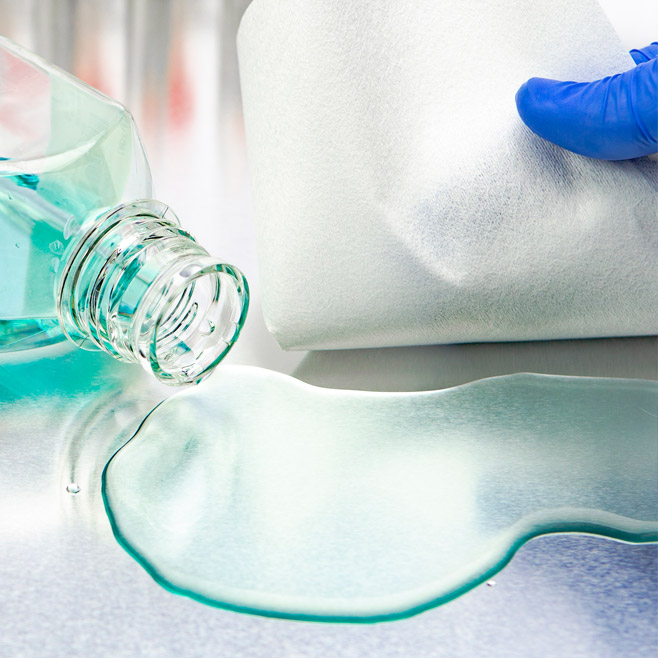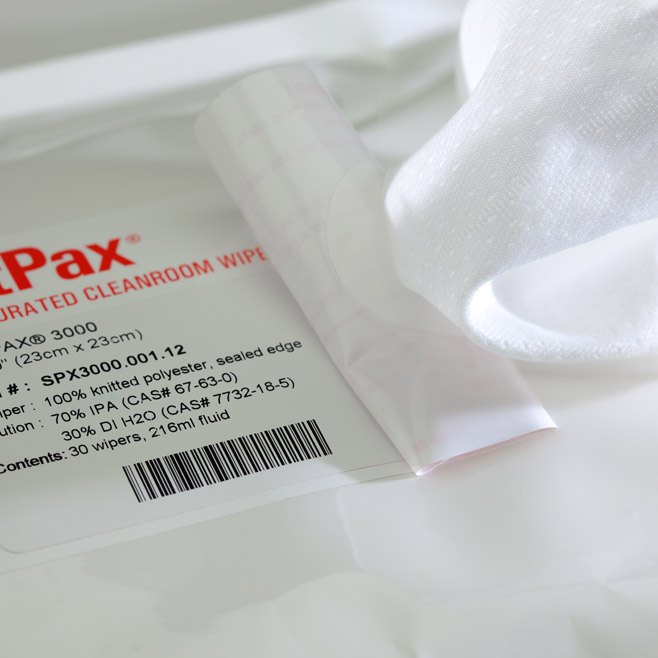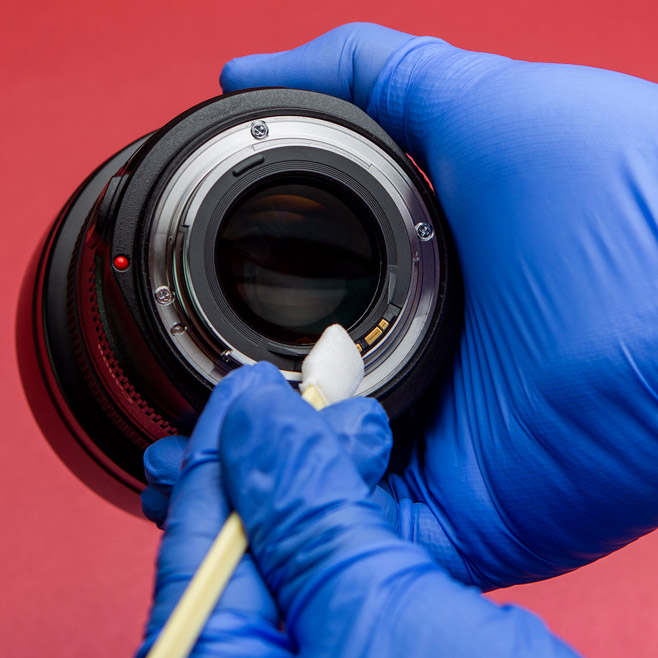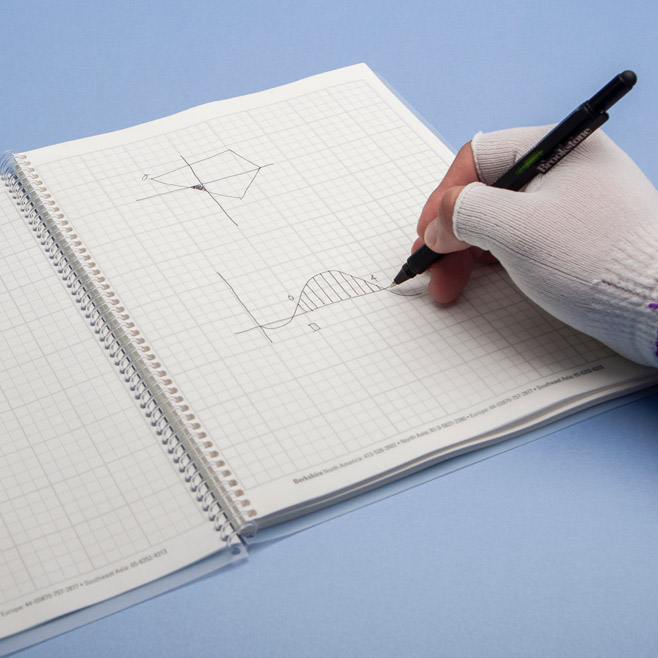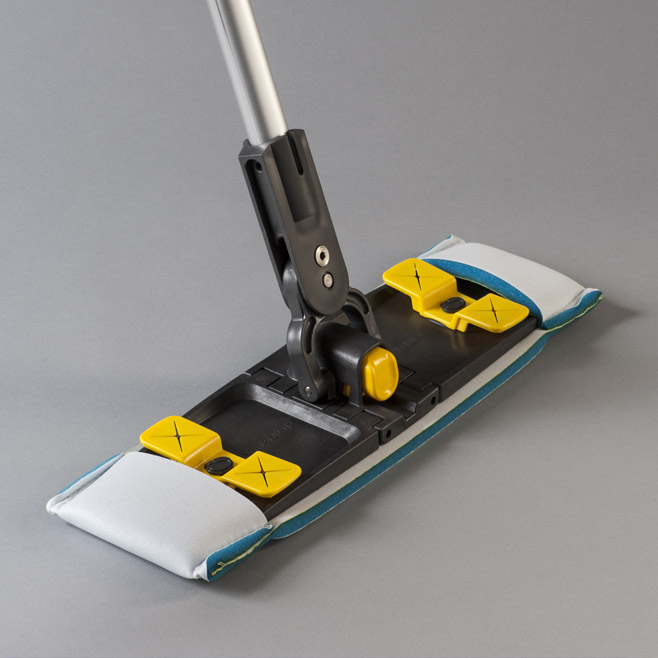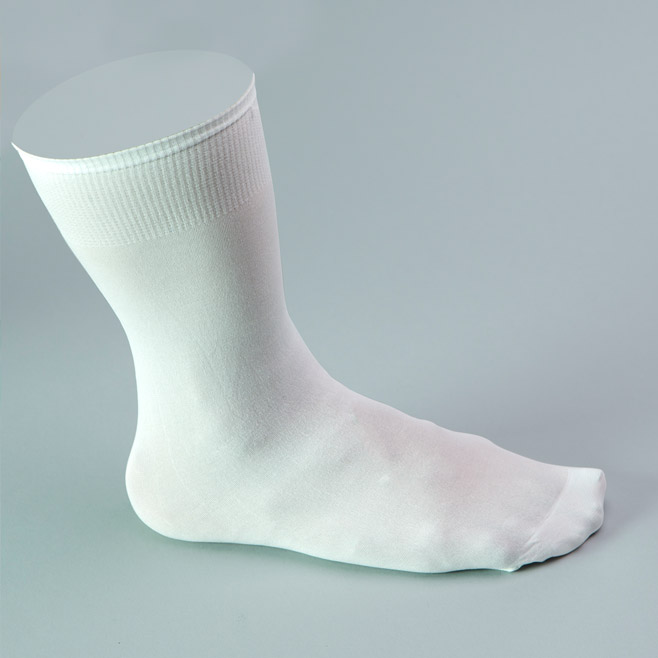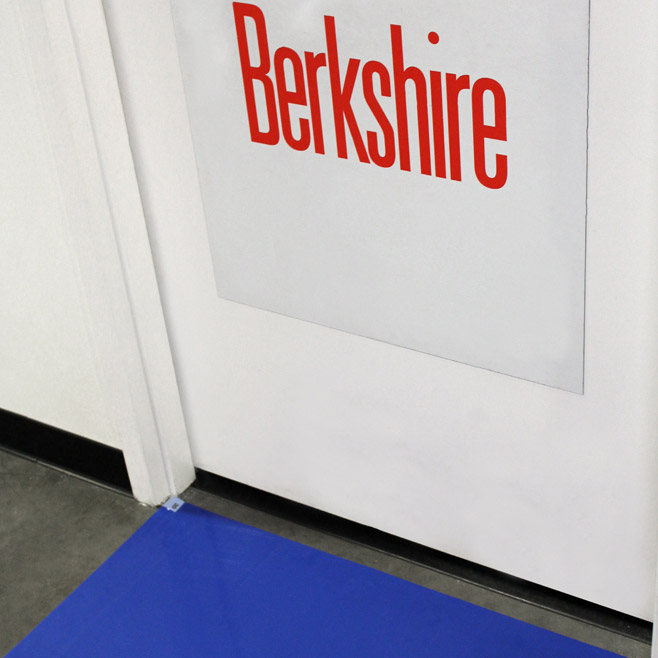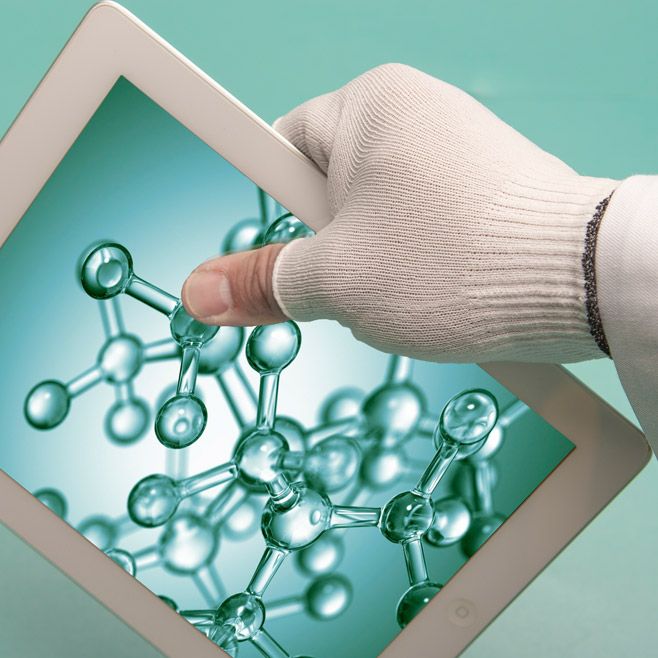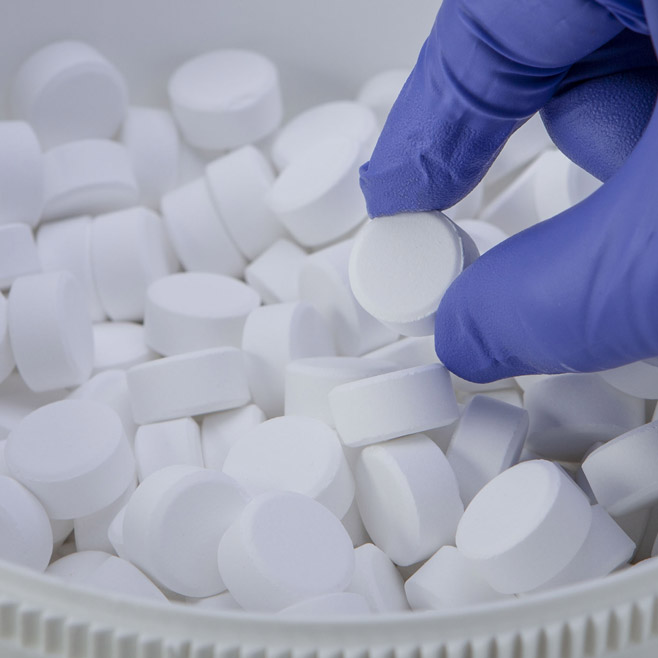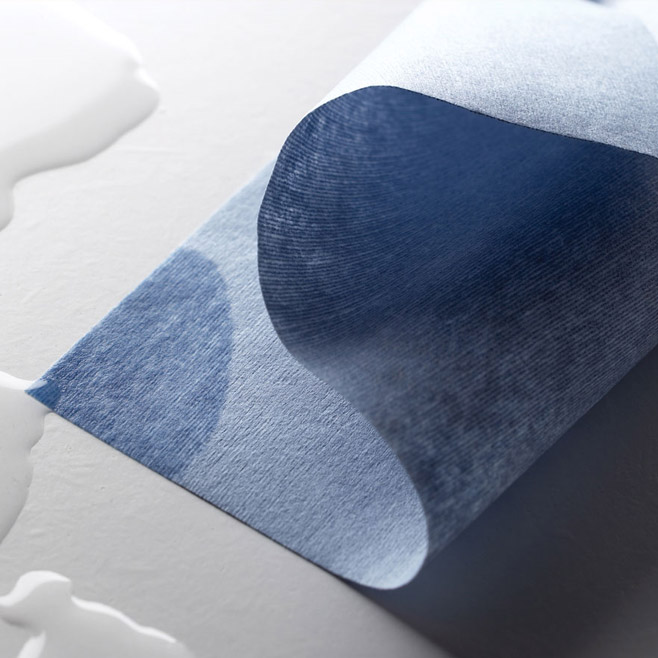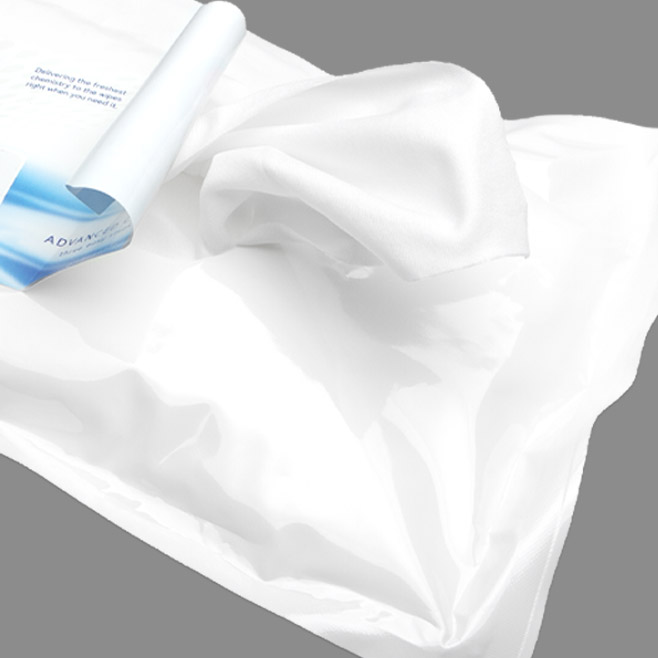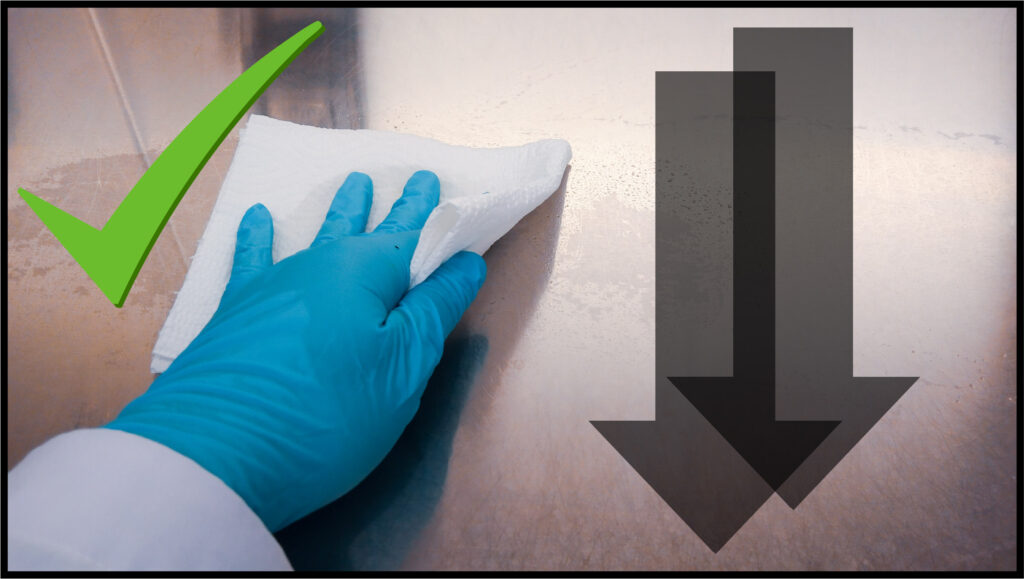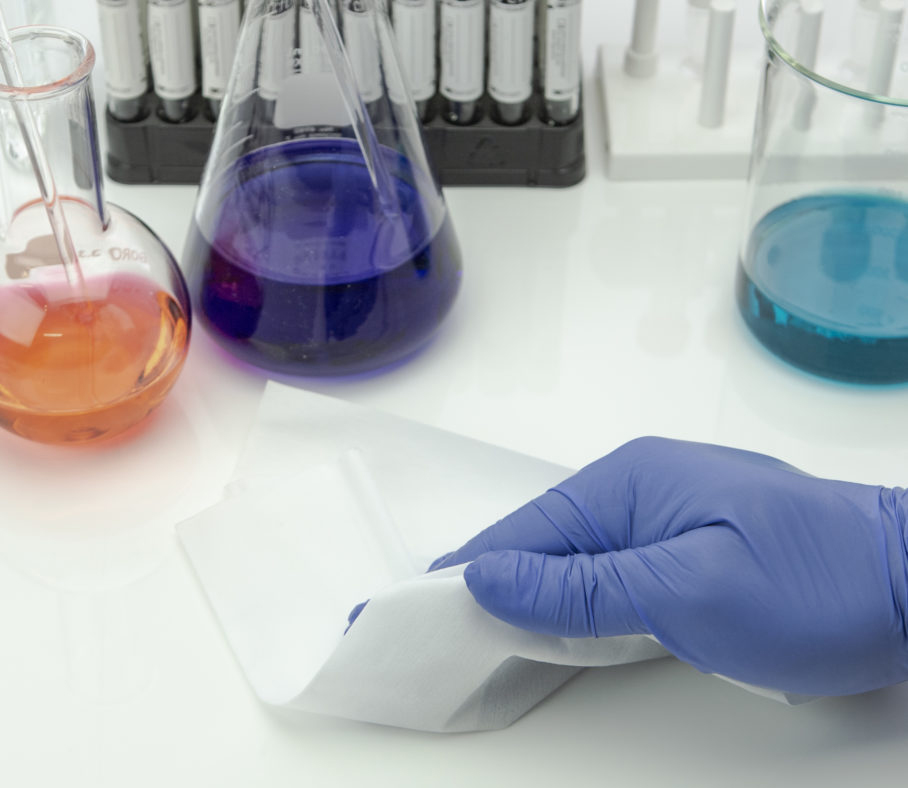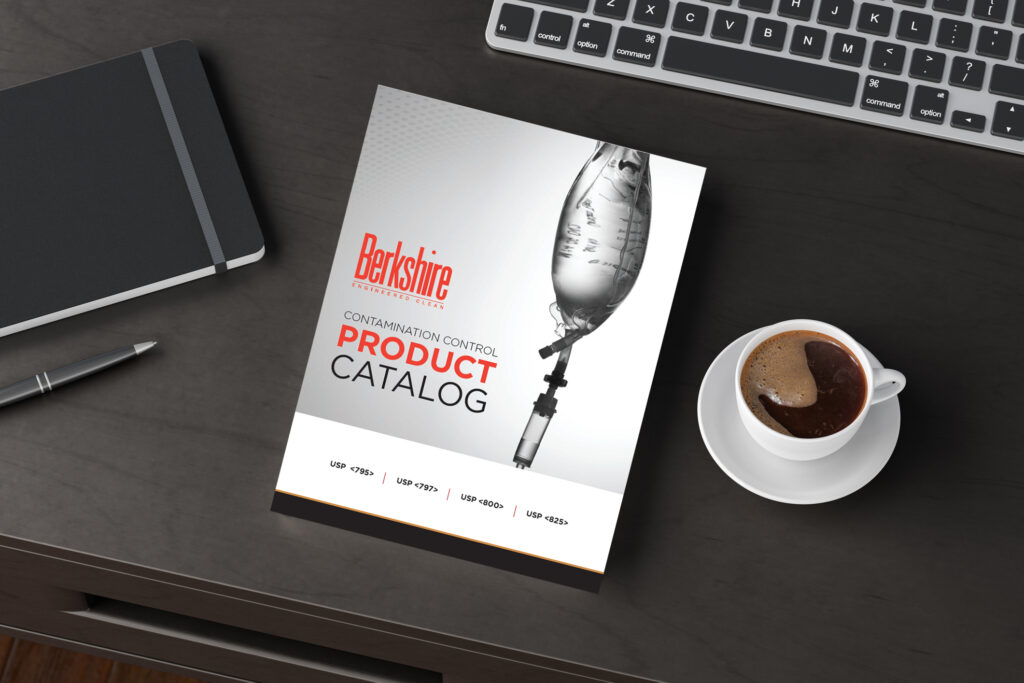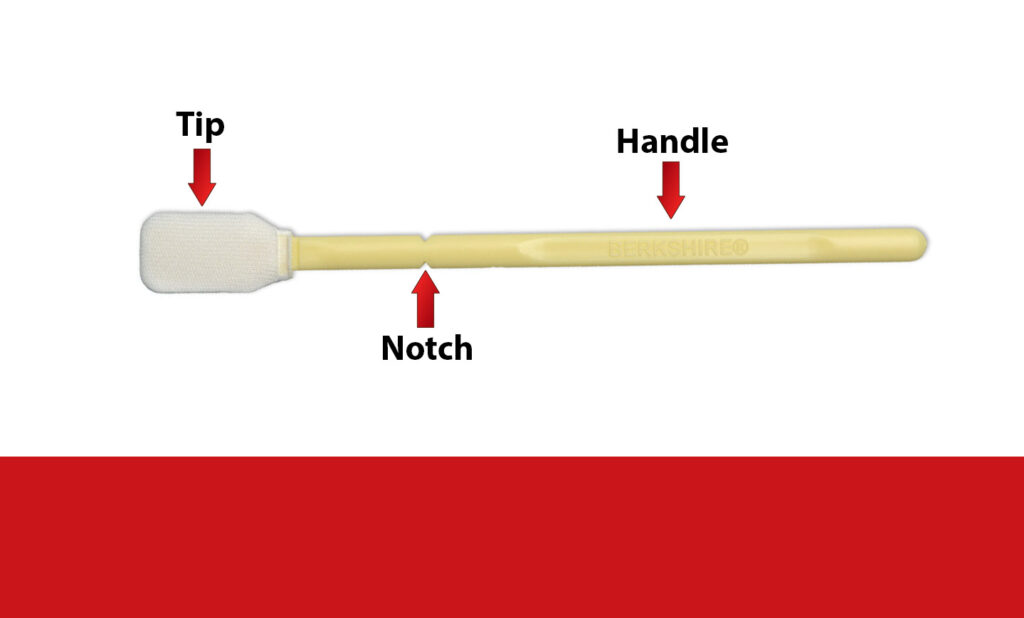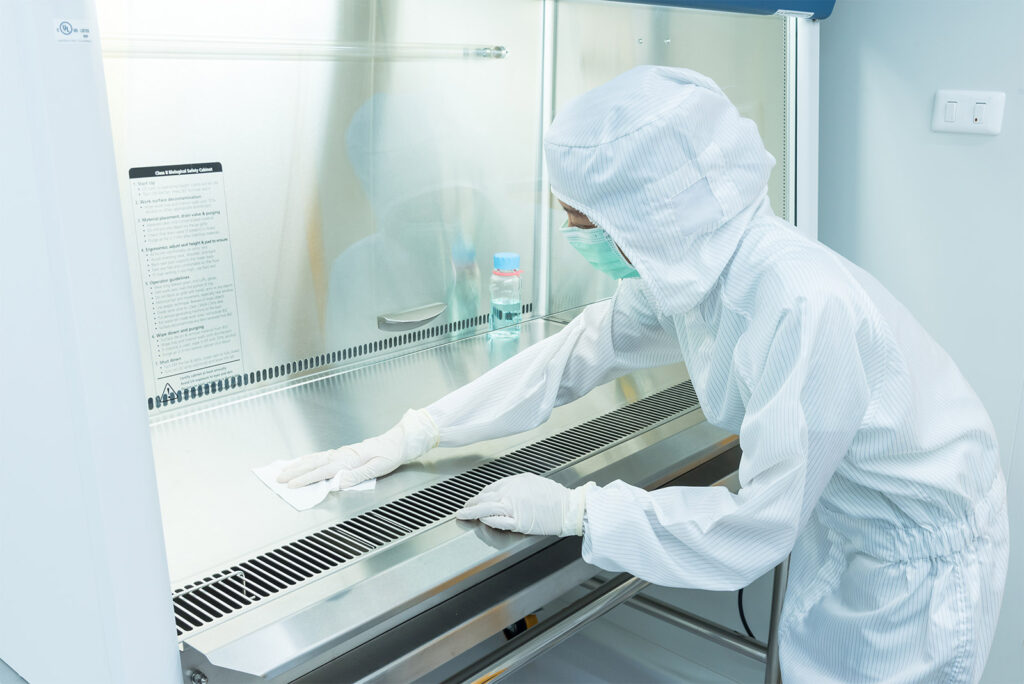Category Archives: Knowledge Base
VersaHOCl® is now Green Seal-certified. Carrying one of the world’s most trusted ecolabels, Green Seal is a universal symbol of health and environmental leadership. Setting the standards for protecting people and the planet VersaHOCl®: Environmentally friendly. Unrivaled safety. Robust Efficacy. True Versatility. Choose the greener option with Green Seal-certified VersaHOCl®. Discover more today. Featured Products
As Howard Siegerman said in his book Wiping Surfaces Clean concerning cleanroom personnel “No one comes to work in the morning thinking ‘Wow! I can’t wait to wipe down the environmental surfaces in my area’ As a result, surface cleaning is often overlooked or ignored.” Challenge: The different types of contamination the cleanroom operator is [Read More…]
Inventory Management: Tracking your inventory and usage levels is the key to avoiding overordering, reducing waste, and ultimately saving money on cleanroom supplies. It is particularly crucial in a cleanroom environment, where specialized cleaning materials and equipment must be carefully monitored and controlled. By ensuring adequate supplies to maintain cleanliness while preventing waste and contamination, [Read More…]
To effectively manage expenses related to cleanroom supplies, let’s review some popular strategies that you can implement: 1) Optimizing Usage: Proper Storage: Ensure supplies are stored appropriately to avoid damage and contamination. Bottled disinfectants and IPA along with presaturated wipers should be stored under conditions different from dry wipes, swabs, or mops? Just-in-Time Ordering: Consider [Read More…]
Let’s analyze the advantages and disadvantages of using dry wipes with spray versus presaturated wipes for cleanroom applications. Storage Space/Stock Control: Your company’s cleaning and disinfectant supplies generally take up a fair amount of costly storage space. Presaturated wipes eliminate the need to store separate liquid solutions, spray bottles, and wipes. Additionally, while the pack [Read More…]
Follow your companies SOPs for additional instructions.
Cleaning Preparation: Step 1: Clean your gloved hands and all cleaning products using wipes pre-wetted with 70% isopropyl alcohol (IPA), then place the products in the pass-through. Step 2: Close the pass-through and allow the proper time for equilibrium. Step 3: Wipe your gloved hands with 70% IPA again, and then insert them into the [Read More…]




